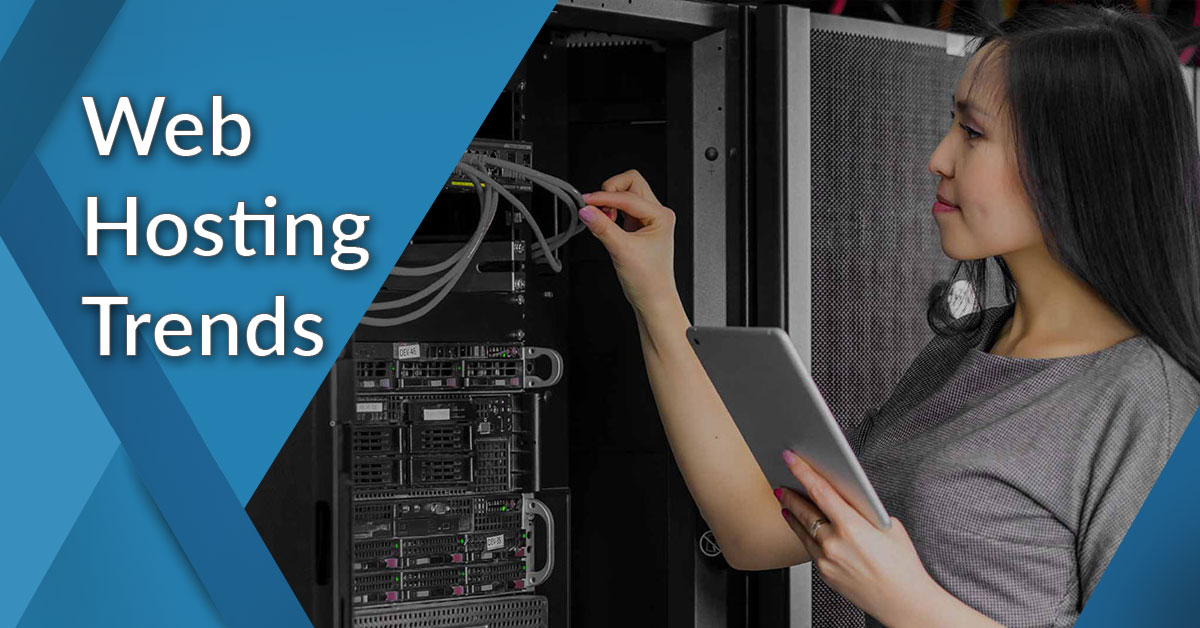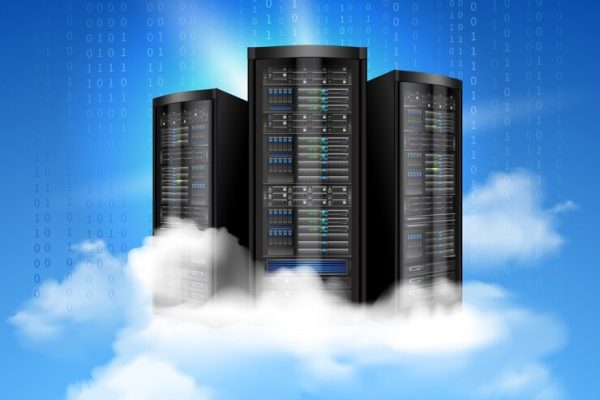The world of web hosting is in a constant state of evolution, adapting to technological advances and shifting user preferences. As we enter the year 2023, it is crucial to understand the latest web hosting trends that will shape the industry in order to remain ahead of the curve. This article examines the leading web hosting trends for 2023 and their implications for website owners, enterprises, and hosting providers.
Table of Contents
Green Web Hosting
Sustainability is no longer a passing fad; it has become a global imperative. As environmental concerns continue to grow, web hosting companies are placing a greater emphasis on eco-friendly procedures. Using renewable energy sources and energy-efficient technologies to power data centers constitutes green web hosting. Hosting companies are reducing their carbon footprint and providing eco-friendly hosting options. Expect more hosting companies to emphasize their commitment to sustainability in 2023, appealing to environmentally conscious website owners and companies.
The energy consumption of the web hosting industry has been a significant obstacle. The efficient operation of data centers, which host millions of websites, requires massive quantities of electricity. This enormous energy usage has prompted concerns about the environmental impact of web hosting.
To combat this, many hosting providers are utilizing renewable energy sources to power their data centers, such as wind and solar power. In addition, they are implementing energy-saving technologies and optimizing their infrastructure to reduce energy waste. Some businesses are purchasing carbon offsets to offset their emissions. As a website proprietor or business, selecting a green hosting provider can reduce your environmental footprint and align your brand with sustainability, which is becoming increasingly appealing to environmentally conscious consumers.
Serverless Hosting
In recent years, serverless computing has garnered significant traction, and this trend is expected to continue in 2023. Serverless hosting eliminates the need for developers to manage traditional servers, allowing them to concentrate solely on writing code. It provides scalability, lower infrastructure costs, and accelerated development cycles. As more companies recognize the advantages of serverless hosting, hosting providers are likely to offer serverless hosting solutions and integrations to meet the rising demand.
With serverless hosting, developers can write and deploy code without having to concern about server maintenance. This approach is especially attractive to entrepreneurs and small businesses because it reduces operational costs and enables seamless scaling as the number of users increases.
In addition, serverless hosting can be a cost-effective option because you only pay for the computational resources you actually use, as opposed to provisioning and paying for server capacity that may go unused. This cost-effectiveness motivates numerous businesses to investigate serverless hosting for web applications.
Edge Computing
By bringing data processing closer to end-users, edge computing will likely revolutionize web hosting. The need for ultra-low latency and faster data transmission is driving this trend. Hosting providers are establishing data centers at the network’s edge in various locations, thereby reducing the distance data must traverse. Expect an expansion of peripheral hosting services in 2023, which will benefit industries such as gaming, IoT, and content delivery where real-time responsiveness is essential.
Traditional web hosting relies on centralized data centers, which can cause latency for consumers located far away from the server. Edge computing seeks to solve this problem by locating computing resources closer to the site of data generation or consumption. This method substantially reduces latency, allowing web applications and services to respond more quickly.
Edge computing reduces lag in online gaming, where split-second reactions are crucial. Edge computing lets IoT devices handle data locally, avoiding the need for slow, bandwidth-intensive server communication. As edge computing infrastructure grows, web hosting companies will use these distributed resources to improve website and application performance.
Artificial Intelligence (AI) Integration
Web hosting is increasingly incorporating AI to improve security, performance, and customer service. AI-driven security systems can detect and mitigate threats in real time, whereas AI-driven chatbots enhance client interactions and support. Hosting providers are investing in AI technologies to offer sophisticated solutions, making hosting safer and more efficient.
Web hosting companies employ AI-powered security tools to proactively identify and eliminate threats. These AI systems can identify anomalous patterns and behaviors that may indicate a cyberattack, thereby protecting websites and data from threats such as DDoS attacks, malware, and phishing attempts.
Web hosting customers are also receiving better service from AI-powered chatbots. Chatbots may answer frequent queries, fix issues, and provide instant assistance, improving the hosting experience. AI chatbots provide 24/7 support to customers. AI-driven solutions will help web hosting providers create a more secure and responsive hosting environment as AI technology advances.
Quantum Computing Readiness
Quantum computing, despite its infancy, has the potential to disrupt web hosting and encryption techniques. Hosting providers are investigating quantum-resistant encryption and security protocols in preparation for the quantum era. As quantum computing advances, hosting providers will need to adjust to ensure that hosted data remains secure.
Quantum computing revolutionizes cryptography. Quantum attacks can compromise traditional encryption systems that use large number factoring. Quantum computers could crack many encryption techniques, posing a security danger. Hosting companies are investigating quantum-resistant encryption techniques to combat quantum computer assaults. Quantum computing security protocols are also being researched and developed. Despite the fact that quantum computing for encryption cracking is still years away, the hosting sector is taking precautions to protect data.
Conclusion
Sustainability, serverless computing, peripheral computing, artificial intelligence integration, and quantum computing readiness are expected to be at the forefront of industry developments in 2023. As a website proprietor or business, keeping abreast of these trends will enable you to make well-informed decisions and leverage cutting-edge technologies to improve your online presence. In this dynamic environment, hosting providers will also continue to innovate and adapt to meet the changing requirements of their customers.
Keep an eye out for companies like HOSTKEY, which are known for their dedication to remaining at the forefront of web hosting technology, when searching for a hosting provider to implement these trends. By remaining ahead of these trends, website owners and hosting providers, including industry leaders such as HOSTKEY, can thrive in the ever-changing web hosting industry.





